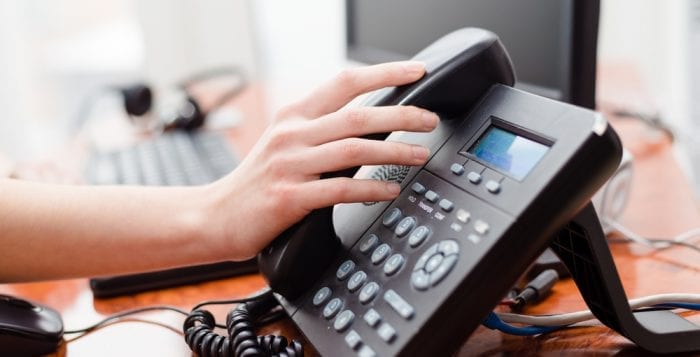Editorial: Journalism requires access
For journalism to be effective in not only covering the events of the day, but also uncovering mistruth and misdeed, it requires access to people and records.
As local journalists, that usually means sitting in an interview or talking on the phone with our local school district, village and town officials, as well as our local, state and federal representatives and officials. More often, though, we find a certain lack of … well, frankly, the ability to connect with some of them.
This issue needs to be addressed.
Journalism is financially struggling, locally and nationally. Advertising dollars have plummeted, and staffing is short on people. The Pew Research Center has reported print circulation for weekday papers was down nationally by 8 percent for 2018 over the previous year, and 9 percent for Sunday papers.
So, as newspapers struggle to maintain current standing, access to information from all these local sources is now at a premium.
Too often, information is withheld, embargoed or stymied. Though it is more rare, some officials resort to tactics of intimidation to prevent the release of information. Some sources are afraid to comment on issues for fear of public retaliation.
Cases of great importance, like that of the ongoing health issues at the Northport Middle School, have bureaucratic hurdles that include using public relations firms as contact people. Something as simple as getting an official’s comments or requesting documents through the Freedom of Information Law can often become problematic.
It seems to take more work than it has in years before.
In modern times, the number of public relations professionals only seems to increase, while the number of journalists decline. Bloomberg News wrote this year there are six PR professionals for every one journalist working in the field. This is up from a less than two-to-one ratio just 20 years ago. If you were to check our inboxes, you would likely have to shield your eyes from the blinding number of emails we receive daily from PR firms.
That is not to say we oppose these professionals. They are often a very useful and necessary component of business. And a good PR person can make a reporter’s work a little bit easier. But of course, that’s only when good things are happening. When there are issues, we often find communications professionals actively make getting even simple comments from officials that much harder.
We as journalists often prefer to speak directly to officials when the need arises. That’s what the public expects. We thank the many people who have worked with us on stories, both public officials and spokespersons alike, but we also ask everyone to understand the importance of the press, often regarded as the fourth pillar of democracy, even at the levels closest to the community.
Restricting access to even the smallest bits of information hinders the effectiveness of government by the people. It’s problematic for both the journalist and the municipal body that maintains government operations.
In the great tug of war match between journalists and officials over information, the knot in the rope should always land on the public’s side of the line, and our role is to be the watchdog for the people.
We thank the officials and communication specialists who honor that premise and work diligently to uphold high standards. Our world is a better place when that happens.







